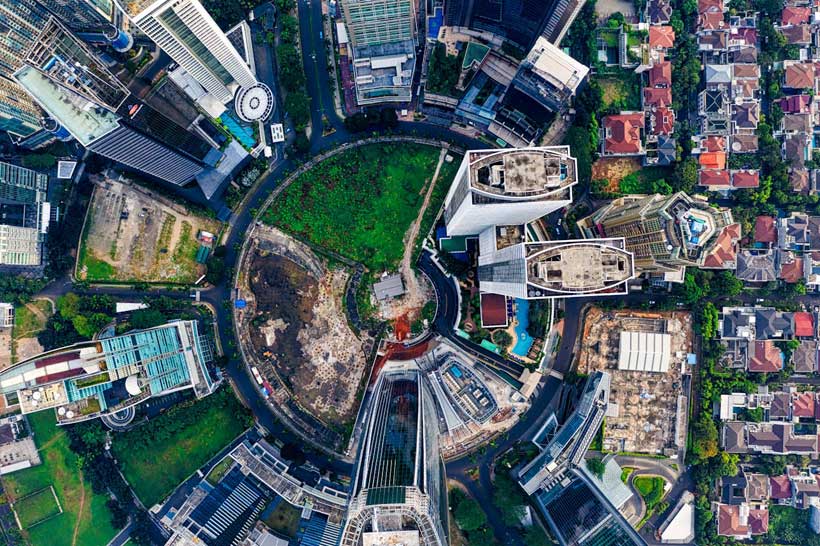Tariffs imposed by the Trump Administration on Southeast Asian nations—effective August 7, 2025—are likely to have a significant impact on the economies of the region. The second-quarter growth figures of Malaysia, Indonesia, and Vietnam would have brought some relief for all these countries. For long, ASEAN countries have benefited immensely from globalization and reasonable global geopolitical stability—especially stable ties between China and the US—and in recent years even from the China+1 policy of several companies—especially western ones—which sought to reduce their dependence upon China.
In the current economic and geopolitical situation, however, the ASEAN region faces multiple challenges due to the global turbulence, and countries in the region are devising tools to deal with the economic uncertainty.
Apart from diversifying economic relations, countries like Malaysia, Indonesia, and Vietnam are all focusing heavily on domestic spending. While Vietnam is focusing on infrastructure, Indonesia, under the leadership of Prabowo Subianto, is focusing heavily on welfare schemes, which include an ambitious free nutritious meal program, setting up of rural cooperatives, free health check-ups, and the construction of three million homes. During his first state of the nation address, the Indonesian president said:
‘Our goal of independence is to be free from poverty, free from hunger, and free from suffering.’
For 2026, Indonesia is likely to raise public spending to $233.92 billion. The free meal program will receive $20.7 billion. Prabowo’s ambitious plan to develop 80,000 rural cooperatives is also likely to incur massive public expenditures.
Focus on welfare and the impact of infrastructure projects in Indonesia.
In the case of Indonesia, the spending on welfare schemes has also resulted in lesser allocation towards Nusantara—the new administrative capital proposed by Prabowo’s predecessor, Joko Widodo, referred to as Jokowi. The reason for setting up a new capital was infrastructural and logistical problems in the current Indonesian capital—Jakarta. Nusantara, located in the East Kalimantan region of Indonesia, was chosen due to its geographical location and the fact that it may help in addressing disparities between the eastern and western parts of the country. While Jokowi had committed over $5 billion for the development of Nusantara, between 2022 and 2024, his successor has committed a little more than half the amount for the period between 2025 and 2029.
Unlike Jokowi, who focused heavily on the infrastructure sector, Prabowo Subianto is focused more on welfare. This is a major departure in terms of economic policy. Lesser focus on Nusantara could have several implications. First, according to many observers, it could send the wrong message to investors. Second, it may have domestic political ramifications. The Nusantara project was a brainchild of Jokowi, and it remains to be seen how the former president views the slowing down of the project.
In conclusion, ASEAN countries are being forced to explore new economic approaches and focus more on spending. As mentioned earlier, some ASEAN countries like Vietnam are focusing heavily on infrastructure, while Indonesia is expanding welfare programs. While focusing on the same is important, it remains to be seen what approach the current dispensation adopts vis-à-vis the Nusantara project, which is very important in terms of messaging to investors. It also remains to be seen whether the slowing down of the project will have any impact on Indonesia’s domestic politics.
